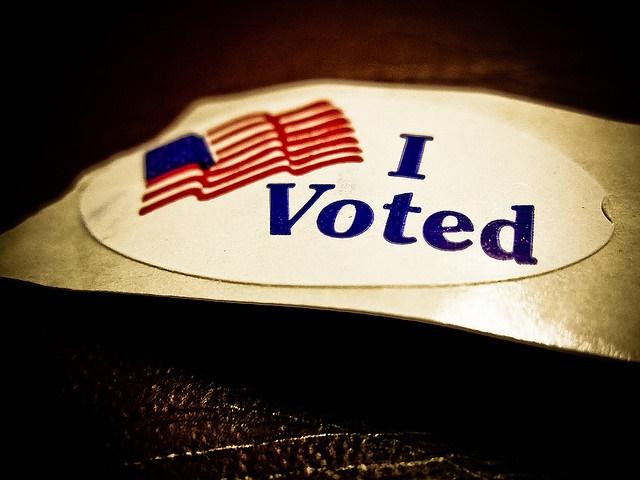Within the next two months, televisions and radios will be bombarded with commercials full of election propaganda, campaign workers are going to take to the streets and the Get Out the Vote effort will become overwhelming. While this seems tedious, it’s all for the sake of spreading the word that we will have the choice to either stick with Gov. Scott Walker or vote in a new governor in the upcoming November elections.
The University of Wisconsin hosts an undergraduate and graduate population of about 40,000. While there are thousands upon thousands of eligible young adult voters on campus, too many students (who don’t state apathy as a reason for not exercising their democratic rights) are going to pull the classic ignorance excuse: “Oh, I didn’t know where to go to register to vote.”
The ability to vote is one of our rights as citizens and is a defining pillar of what it means to be American. By not voting you are doing yourself a disservice by basically acknowledging your unwillingness to be an active member of society. People are dying all around the world for the right that many of us just simply ignore.
During the 2012 presidential election only 45 percent of people ages 18 to 29 voted. That means not even half of those who are eligible to vote went out and participated. In fact, this was an even lower percentage than the 2008 elections where 51 percent of those aged between 18 to 29 voted.
As students we have concerns that make voting a necessity, such as access to low-interest student loans, job creation and keeping the cost of tuition down. Walker recently proposed to continue the tuition freeze in the UW System and Democrat Mary Burke has her “Invest for Success” plan (which also doubles as her job creation plan). Regardless of your political views, it is important to be aware of your surroundings and understand what could have a direct impact on your current status in life as well as your future.
Youth voters make up only about one-fifth of our voting population, which means we can have a real influence on electoral votes. Four states, including Ohio, Pennsylvania, Virginia and Florida would have gone the other way had the youth population stayed home. We have the power to dictate the outcome of an election not only statewide in the upcoming November elections, but also on a national stage (it’s never too early to think ahead toward the next national election).
When taking these factors into consideration, it’s clear that there is no downside to voting. It’s easy to embrace apathy and stay home on Election Day but at the same time, how hard is it to check a box?
Shannon Skebba ([email protected]) is a sophomore majoring in international studies with a certificate in global health.














